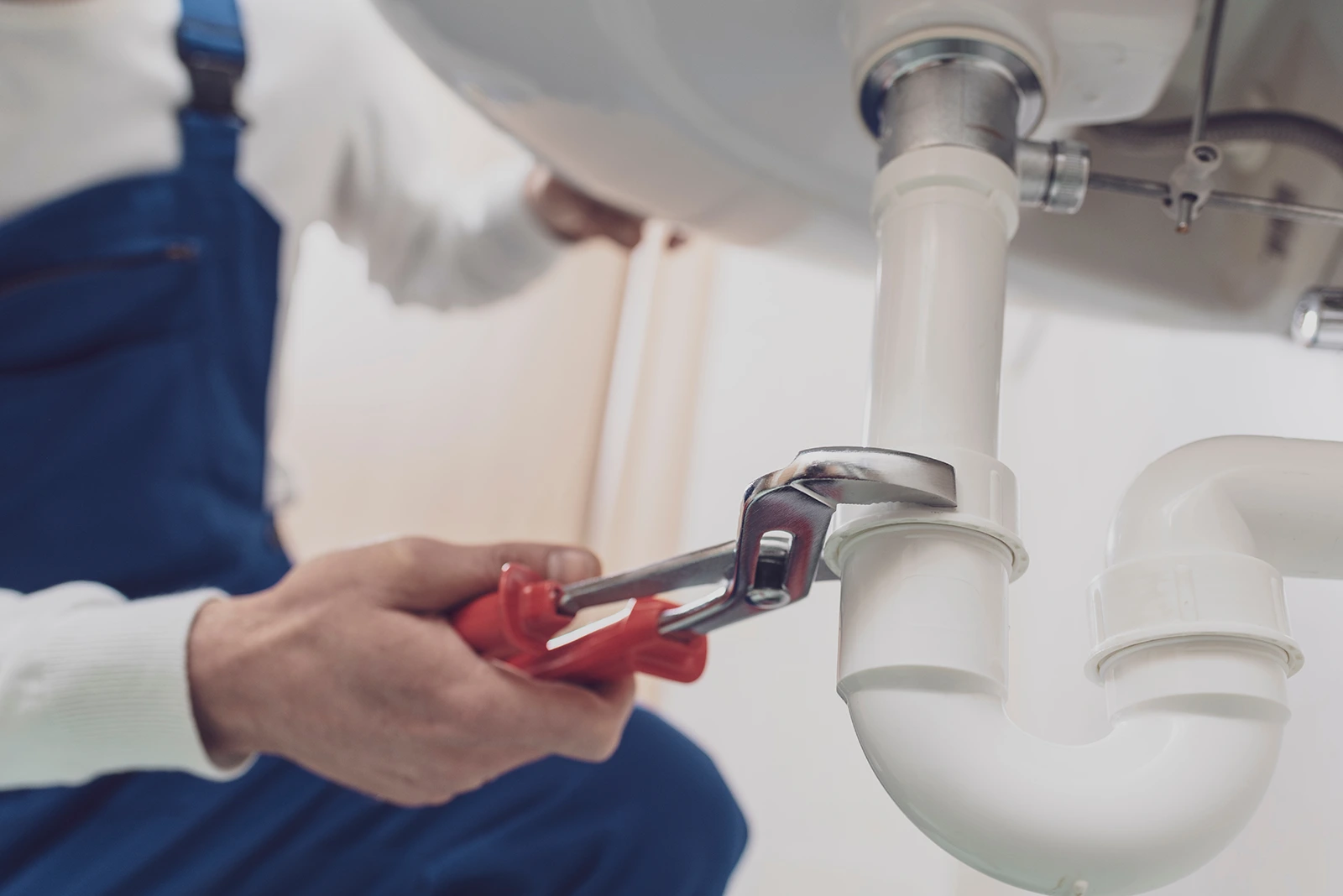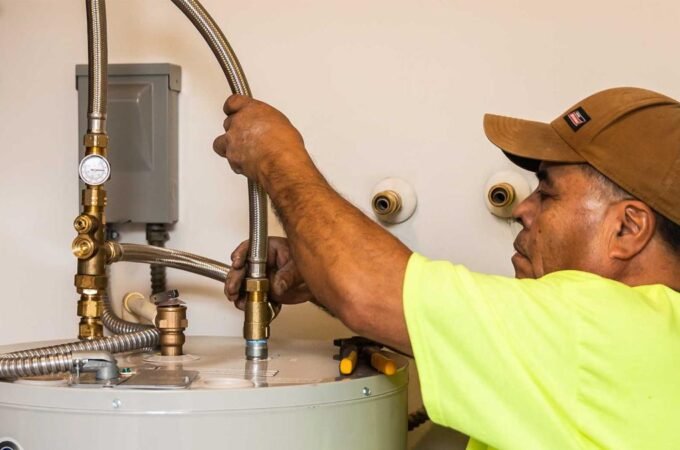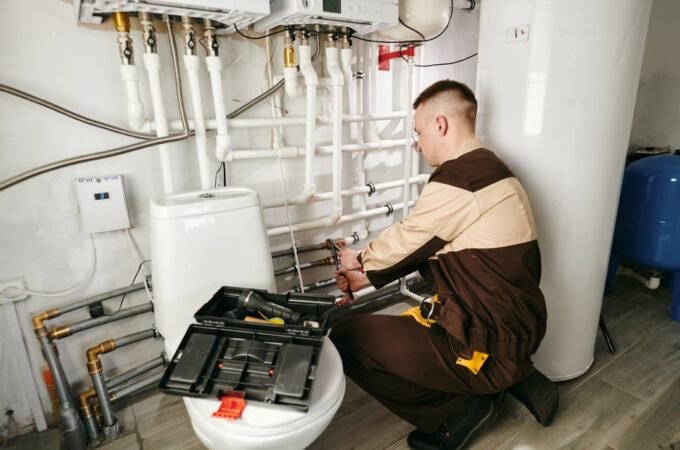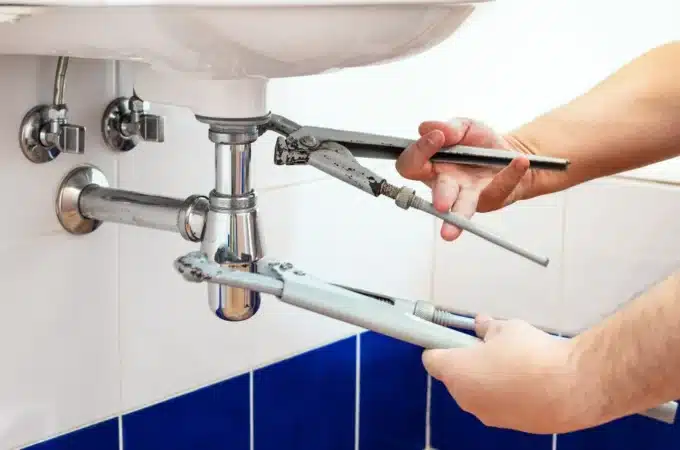
What Type of Pipe Is Used for Swimming Pools?
The summer is a favorite season for many people, and while vacations are certainly fun and worthwhile experiences, you may want to experience the best parts of summer at your own home. Owning a pool is great for family time, staying in shape, hosting parties, and even increasing the value of your home. With proper financing, it can actually be cheaper in the long run to build a pool instead of funding big vacations each year. There’s no shortage of reasons to ring up a swimming pool contractor in New Jersey.
Prospective pool owners will certainly want to brush up on proper pool maintenance, but it generally isn’t too difficult. The most involved parts of the maintenance process will involve the filtration and plumbing systems. Parts involved will depend on the pool, and it’s important to know what’s going on under the surface.
Let’s talk pipes.
The types of pipes used during the installation of your pool will have a direct effect on the ease of installation, but more importantly, they will be a major factor in your pool’s longevity. Obviously, the majority of a pool’s plumbing system is buried and difficult to service at best. Slow leaks or other damages to these pipes can be catastrophic, so it’s important to use the best materials for the job. Second chances don’t really apply here.
Generally speaking, rigid PVC pipe is the ideal choice for a pool’s plumbing system. PVC is extremely dense compared to most plastic and has high tensilestrength, making it a great choice for demanding jobs. It’s also chemically compatible with chlorine and resistant to many forms of acids, bases, and other strong chemicals. This means it won’t easily erode over time the way metal piping would when exposed to chemicals commonly used in pools.
For areas where rigid piping is undesirable, flexible PVC hose is the next best bet. This is the most commonly purchased type of pipe for economical installations and for the pool and hot tub industry in general.
If you’re planning to have a heating system installed with your pool, you’ll want to be sure the connecting pipes are made from chlorinated PVC because of its greater heat resistance. Heated water is a fine luxury, but not if it causes you to have melted pipes on your hands. Generally speaking, pipes other than PVC should be avoided in pool installations due to risk of corrosion and poor durability.
Swimming pools require maintenance.
Once a pool is fully installed, many owners choose to take on the maintenance responsibilities themselves. These responsibilities are usually simple, and they start with taking care of the water. Obviously, you’ll want to keep the water clean to protect it and swimmers from pollution, and you’ll also need to make sure the water is balanced. You can find a pool test kit most anywhere, and it’s recommended to check the quality of your water at least once a week to help ensure your pool’s longevity. Also, don’t forget to regularly brush the walls of a pool for algae and other contaminants.
In addition to cleaning your pool and maintaining its chemical balance, you’ll need to ensure it’s properly circulated. A well circulated pool will never have issues with cloudy water or algae infestations. Ideally, one should run the pool filter 24/7, but this isn’t always realistic for budget reasons. It should, however, be run at least 10-12 hours a day to ensure the water is turned over at least a couple of times.
Finally, you should be backwashing your pool at least once a week. This process will reverse the water flow through your pool’s filtration system and expel contaminants through the waste port. While all of these processes are fairly easy under ideal conditions, you should generally refrain from trying to fix these systems yourself if something goes wrong. Be sure to contact services like these Bergen County plumbers in the event of an emergency.





